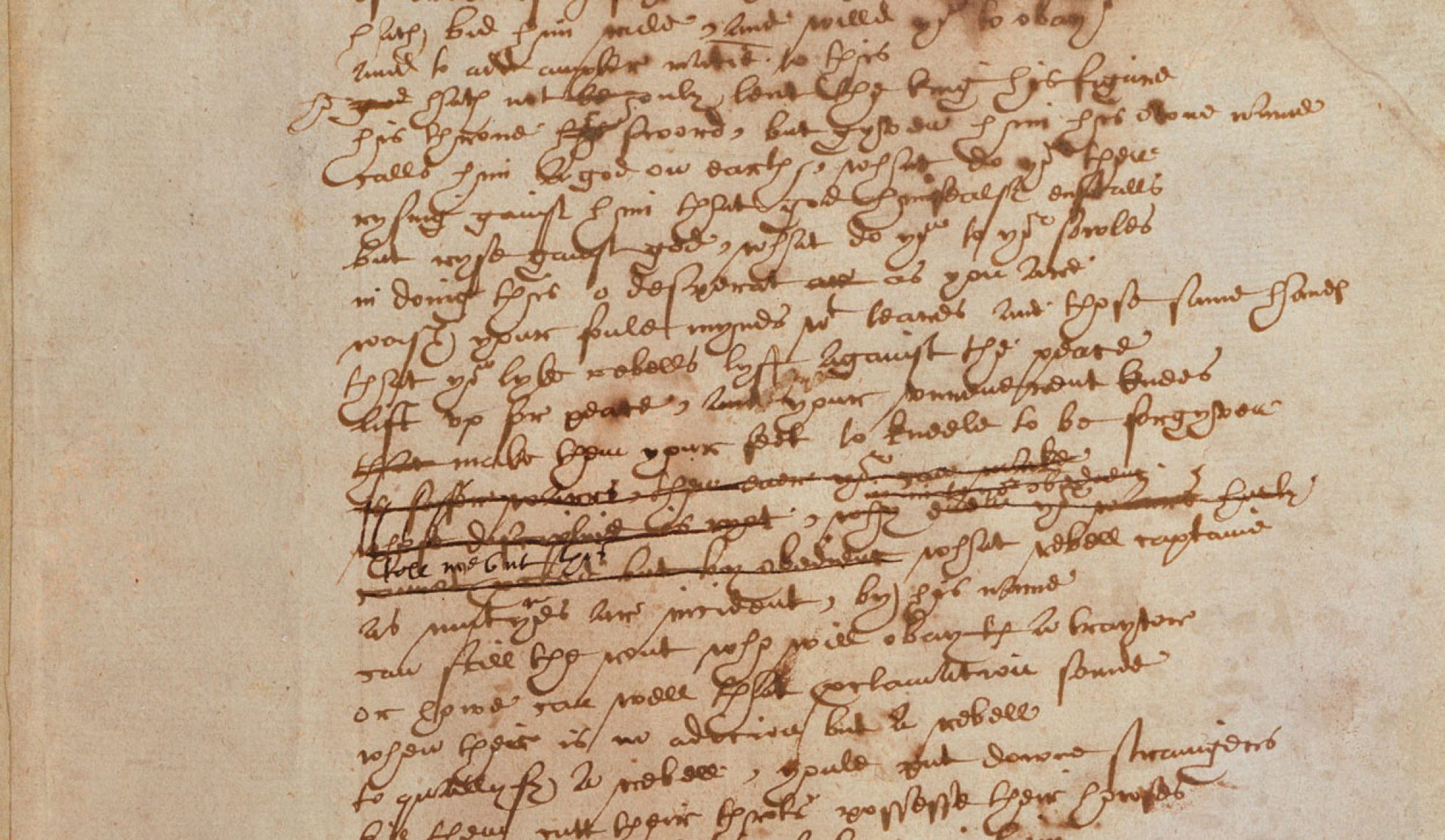A few forethoughts this time, colleagues, since the moment is coming when we will have to plot our course for the final three sessions of the term. We will be reading King Lear, Antony and Cleopatra, and The Winter’s Tale; but with what questions in mind, and what texts to support us, is yet to be decided.
My instinct is to leave the final class open, addressing The Winter’s Tale with whatever we have learned this term. For the other two, I see a few possibilities. One would be to summon up some other voices to stand alongside Shakespeare—Marlowe and Fletcher, for example, two of his collaborators. We would gain by this the external comparison that our concentration on Shakespeare’s self-difference (within plays and across time) has so far denied us. Another would be to read some Shakespeare criticism that addresses our questions, books about his language by the likes of Frank Kermode or Simon Palfrey or Janet Adelman. Our secondary readings so far have been mostly directed to different philological and theoretical contexts, but much has been written directly on our topic. (I have been channeling some of it.) Yet another option would be to continue in the vein of this week’s sound projects, with an emphasis on music (for one class) and movement (for another). I would bring in a couple of guests to work with us on what would be, for the likes of us graduate students and former graduate students, a more experimental program, but still dedicated to the exploration of Shakespeare’s language and to our agenda of imitation.
You may detect that I have a bias toward the last, but I would like to sound us all out (so to speak); I think wherever we go, it will be interesting to take the temperature at this point, not least because everybody in the room who is officially a student is seriously considering becoming a teacher. So, such decisions are proper to us all, and I’ll be quite delighted wherever we end up.
So: let’s take up the matter in class; but first, Othello!
Jeff
